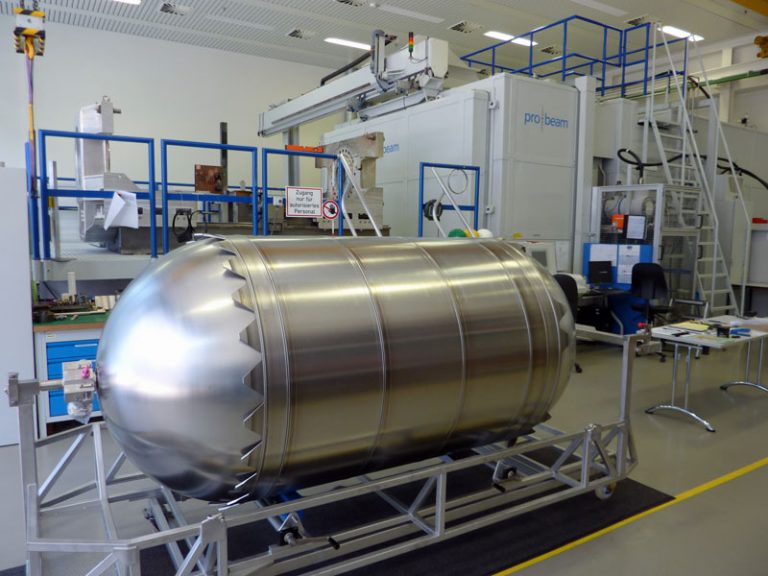What should I study?
Remember that if you are fascinated by space there will be career opportunities of all types throughout each business in the sector – and not only in technical fields.
Whilst the majority of entrants to the industry will have a first or second degree in a science or technical subject, there are opportunities for school leavers and apprentices (at a number of levels including Higher) and for those with business and law degrees.
Employers need enthusiastic and committed people working for them who can work in teams (often international and multidisciplinary teams); who can communicate well; who can think creatively to solve problems; who appreciate the need for care and attention to detail; and who aren’t disheartened when something doesn’t work first time round.

Using data derived from satellites, and developing applications for that data involves a wide range of disciplines.
At the moment, that includes subjects like agriculture and hydrology, but many future applications won’t even have been imagined yet!
To have the best chance of following your dream, make sure you have these key foundation blocks in place.
Experience of the work place is very important and cannot be underestimated. Whilst still at school this could mean a Saturday job, demonstrating that you appreciate the need for time management and personal presentation. At university, consider roles which build up and demonstrate some of the interpersonal skills that are so important, as well as ones that apply the new skills that you’re learning in an industrial context. If you are looking for a placement in the space sector whilst you’re still at school, organisations may have difficulties hosting you because of insurance and health and safety constraints. If you’re at university consider a SPIN placement.
